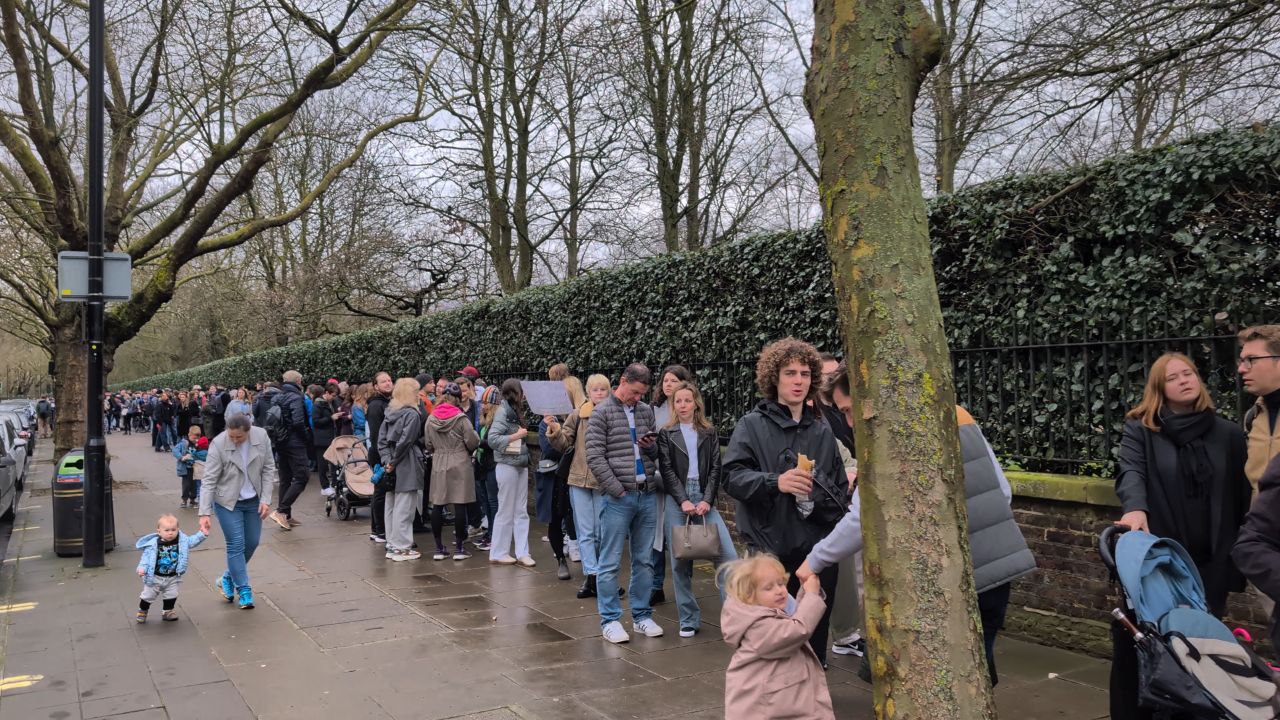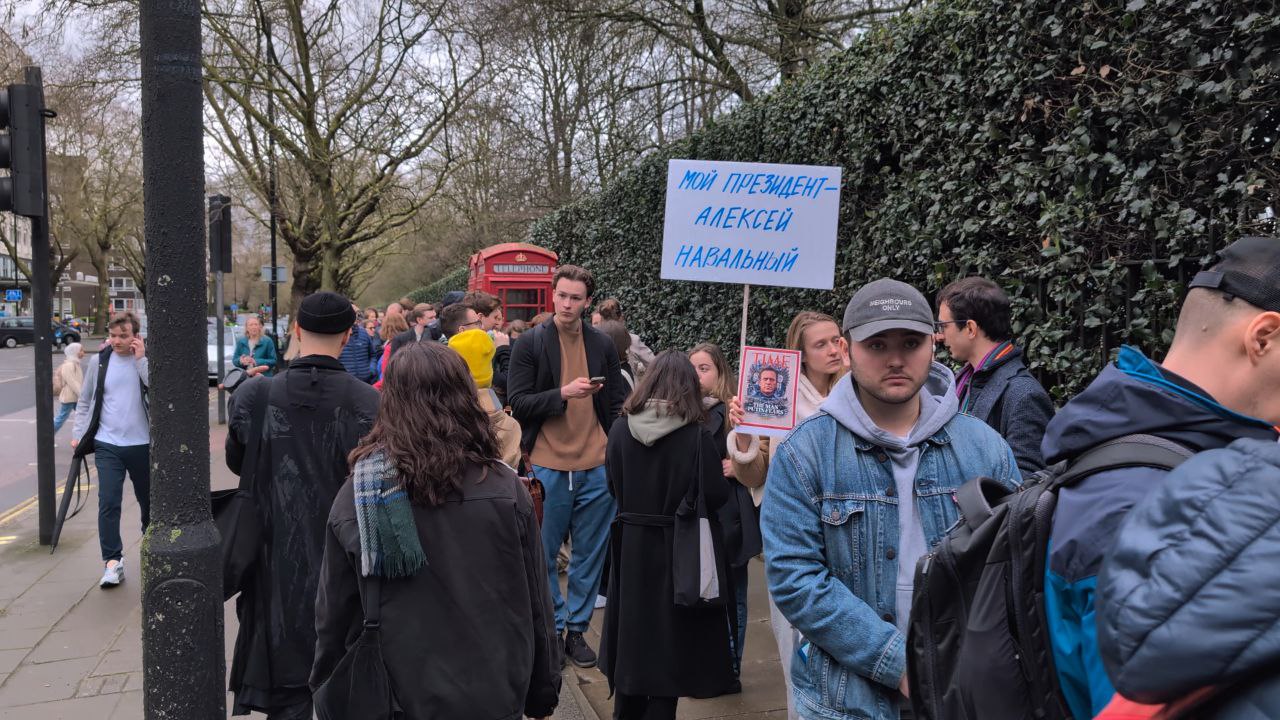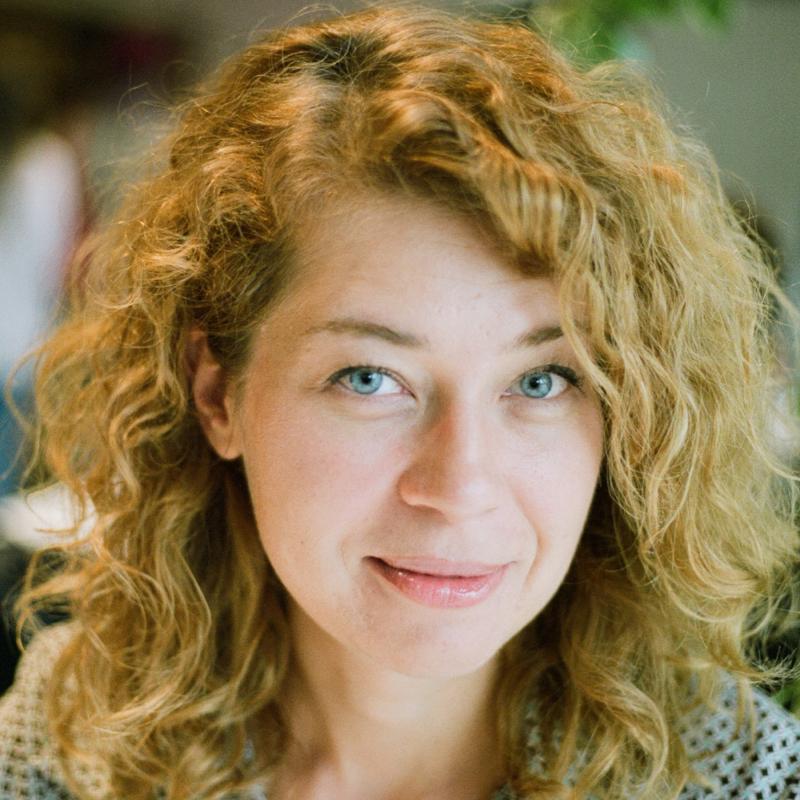MPP student Ekaterina Sachkova reflects on Putin's predetermined victory in Russia's recent election
Among the many elections in 2024, Russia's might be considered the most concerning. No one doubted Vladimir Putin's victory, not his supporters, the opposition, or international experts, but when the democratic procedure is a facade and the entire electoral process serves only to legitimise the autocrat, what can dissidents gain from participating in the election process?
On the eve of the Russian elections, Dean Ngaire Woods discussed the significance of the Russian electoral process with Sergei Guriev, Provost of Sciences Po, Paris, and author of “Spin Dictators” and what this might reveal about the current state of Russian society and its future prospects.

When the process is more important than the result
As Sergei Guriev explained, for the Russian autocracy, election procedures are crucial not only for achieving legitimacy among the population and elites but also as an opportunity to mobilise the bureaucracy. High turnout numbers and votes in favour are still important for the sake of regime stability.
Although everyone expected the current president to win, the power of democratic procedure of elections can act as a beacon of hope to those in Russian society who cannot openly express their disagreement. In a context where openly criticising the current regime is impossible, where any dissent against the war—or even calls for peace—can lead to criminal charges and imprisonment, where political and civic gatherings are dangerous, and propaganda reinforces the notion of isolation and the nonexistence of opposition, coming to vote could be a potent political act. A small and simple act like coming together to participate in elections and cast a vote for someone other than Putin becomes one of the last relatively safe ways to feel united in disagreement with both the regime and the war. This initiative, named 'Noon against Putin' was proposed by the opposition politician, Alexey Navalny shortly before his death in jail. Merely seeing fellow citizens at polling stations at midday on March 17th, knowing they are also in opposition, represents the most democratic experience Russians could experience in this election.
How Russian elections work
This year's election in Russia significantly deviated from those Putin has previously participated in, both procedurally and in terms of the current political landscape. Most notably, this is the first election since the 2020 amendments to the Constitution, which reset the counting of presidential terms. These amendments afforded Putin the opportunity to run for the presidency now and again in six years, potentially prolonging his time in office until 2036.

For the first time in the presidential election, a COVID-19-era approach extended the voting period to three days instead of just one. Additionally, digital online voting became available in several Russian regions, a feature in high demand according to official statistics. These changes expanded the ways in which individuals could engage in the voting process, while also opening up new avenues for potential violations and falsifications. Another noteworthy change is the organisation of Russian electoral procedures for the first time in the annexed Ukrainian territories of Donetsk, Luhansk, and Kherson regions—officially referred to as “reunited territories” in Russian state media (Crimea, annexed in 2014, had already been included in the 2018 presidential elections).
In terms of political competition, ballot papers were shorter than ever before and purged of critics. Besides Putin, only three other candidates appeared, all from parliamentary parties aligned with the Kremlin's narrative; only one provided a tepid critique of the war in Ukraine. During the registration process, several candidates, including those opposing the war, were disqualified, while others chose to withdraw their candidacy at the last minute. Additionally, Putin maintained his longstanding tradition of not engaging in any pre-election debates, a practice he has adhered to since 2000.
What is actually happening in Russian society?
If the election results leading to Putin's triumph are staged, what does this reveal about the state of Russian society? Would the populace still vote for him in a fair election? One of the things that Sergey Guriev discussed at the School was that there isn’t an academic way to answer this question. Obtaining reliable official data on Russian society is almost impossible. For example, any published figures indicating support for or opposition to Putin's regime must be critically assessed. The credibility of these figures is questioned not only due to potential bias from researchers but also because of the general populace's fear of repercussions for expressing views contrary to the official stance, especially against the backdrop of increasing repression against the opposition (it also can be explained by the Soviet legacy of self-censorship). According to Sergei Guriev, some indirect sociological methods suggest that, at most, only about 30% of the population actively supports the war. Therefore, the key message for the international audience is the apparent lack of societal consensus on supporting the war and potentially the regime.
The lack of accessible information, coupled with mass emigration, censorship, and prosecution for any criticism of the war, has significantly diminished the visibility of those who disagree with the regime’s choices. However, certain indirect events may hint at the potential scale of this group. For example, the three-day, never-ending queue at Alexey Navalny's grave in Moscow—despite the associated risks and fears of being prosecuted just for showing up there—demonstrated a noteworthy level of dissent. That's why the 'Noon against Putin' initiative on election day was so significant. It offered another opportunity to make the presence of dissenting voices visible, not only to the government but also to the dissenters themselves. This effort to make dissent visible underscored the importance of engagement despite doubts among some dissidents regarding the effectiveness of participating in a process perceived as both predictable and unjust. The existence of this initiative acted as an outlet for hope, demonstrating a collective resolve to pursue positive change amidst impossible circumstances.
The effect of Russian propaganda
Another critical aspect to grasp is the foundational narrative of official Russian propaganda, which posits a socio-cultural war waged by Western countries against Russia, epitomised by the total international cancellation of Russians and Russian culture. This narrative suggests that, regardless of one's stance on domestic policies, there is no alternative but to rally around Putin in the face of external hatred. In this light, certain economic sanctions and stricter visa policies inadvertently support the regime's narrative by embodying the purported animosity towards Russians. So, for the international community, taking steps that clearly recognise the distinction between the current political regime and ordinary Russian citizens would be the most effective way to counteract that narrative of hate. Only genuine human interaction and support can truly oppose propaganda.
Who are Russians in exile, and how can they contribute?
According to various estimates, the number of Russians who fled the country in protest against the full-scale invasion of Ukraine, increasing repression, and further mobilisation, ranges from 500,000 to 1 million. However, obtaining accurate data is difficult, and some individuals have been forced to return after encountering challenges in finding employment or securing a residence permit abroad. The significance of this exodus is not just in the numbers but also in the skills and professionalism of these individuals, who are predominantly young IT and creative specialists.
Russians in exile should be seen not only as victims of the regime but also as allies of the international community. These individuals not only maintain connections with their Russian family and friends, helping them to overcome propaganda and support civic activities abroad, but they could also form the foundation for the future democratic development of their homeland once the regime changes. This untapped human potential could contribute significantly to industries and academia in many countries, laying the groundwork for future cooperation with a modernised Russia. Supporting Russians in exile, regarding visas and documentation, was also a focus of Yulia Navalnaya's recent speech.
March of 2024
As a Russian citizen living abroad, I travelled from Oxford to London to participate in the "Noon against Putin" action at the single polling station in the UK in the Russian Embassy. At 12 pm, I joined the queue and waited eight hours for my turn to vote. It was a long line of lovely, primarily young, and friendly people. The posters, flags, and conversations showed that the overwhelming majority were against the current regime and the war. The embassy gates closed at 8:02 pm, the end of official working hours, just as I was about to enter. More than half of those waiting could not exercise their right to vote.

The Central Election Commission of Russia in Moscow reported that the London polling station collected 2,669 ballots on that day. If this number is accurate, I suggest a comparable number of people were unable to vote. In London, 53% of the ballots were in favour of Davankov, the candidate who might be considered as the “lesser evil”. Putin received 21%. Meanwhile, the official national statistics claim that Putin received 87.28%, while Davankov received only 3.85%.
What feelings did the election results provoke? No surprises, of course. For some, it led to even deeper depression and frustration. The most impressive long queues for “Noon against Putin” were observed abroad, where Russians in exile, feeling somewhat safer (though not entirely), came to vote. Within the country, at noon, a local polling station might have only few people; queues were an exception, seen in some big cities.
What has changed? Was it sufficient? From my personal experience, waiting for eight hours was undoubtedly worthwhile. It was time I shared with some of the brightest and bravest people from my country from all over the world – regardless of the state, city, or polling station we found ourselves in to exercise our right. Even when the democratic process is merely a facade, participating in the election still offers us a chance to hold onto hope for change and a better future for Russia.
Ekaterina is a Hill Foundation scholar.

